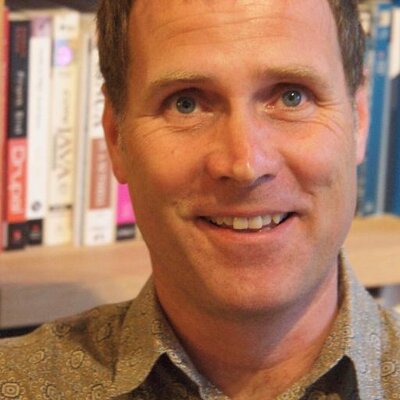Dutch Parliament: Vendor Dependence Too High a Cost
 The Dutch government’s lack of vendor independence is too high a cost for society, the Dutch Parliament concludes. The government should enforce its policy on open standards in ICT procurement and should also devise exit strategies - to reduce its dependence on ICT suppliers.
The Dutch government’s lack of vendor independence is too high a cost for society, the Dutch Parliament concludes. The government should enforce its policy on open standards in ICT procurement and should also devise exit strategies - to reduce its dependence on ICT suppliers.
This week Tuesday, the parliament adopted a resolution criticizing the government for having no open source ambition. The resolution was adopted with 136 votes in favour and 14 against.
The parliament calls upon the government to make sure that in any new ICT project, the specifications give open source a fair chance. When proprietary software is selected, this needs to be explained, the parliament stipulates.
“(the) dependence on a limited number of large software vendors (is) too strong”, the resolutions says, adding that this can lead to software costs that are too high for society.
Exit strategy
The resolution was one of six that were tabled on Tuesday, during the parliament’s discussion of its report on failures of government ICT projects. That report, published in October, recommends to make the use of open standards mandatory, and advocates the use of open source when equal to or better than proprietary solutions for all ICT projects over EUR 5 million. The parliament on Tuesday agreed on the creation of an independent organisation to verify these larger government ICT projects (Bureau ICT-toetsing, BIT)).
Member of Parliament Astrid Oosenbrug (Pvda), one of the two MPs who authored this week’s open source resolution, says the BIT will help public administrations to require open standards and determine strategies that result in a level playing field for open source. “In some cases, the ties between government IT departments and ICT suppliers are perverse. BIT will ensure vendor independent experts will provide public administrations with exit strategies, to end the current IT vendor dependence.”
More information:
| Dutch Parliament: Vendor Dependence Too High a Cost was authored by Gijs Hillenius and published in Open Source Observatory. It is reprinted by Open Health News with permission. The original post can be found here. |
- Login to post comments